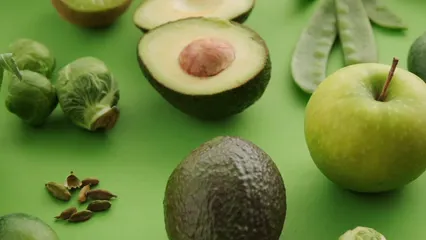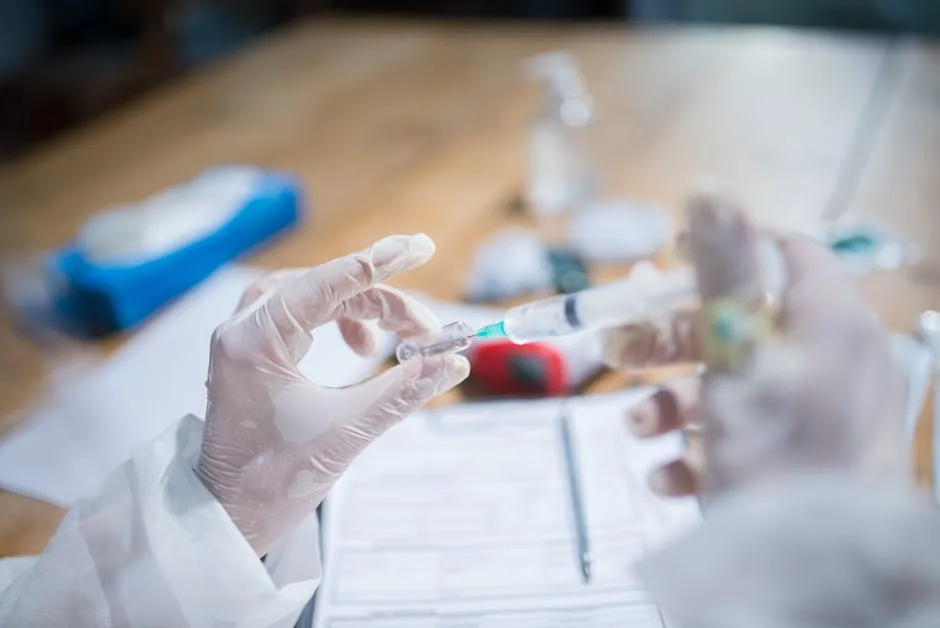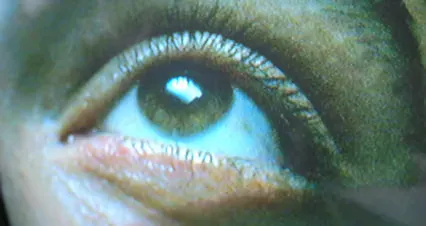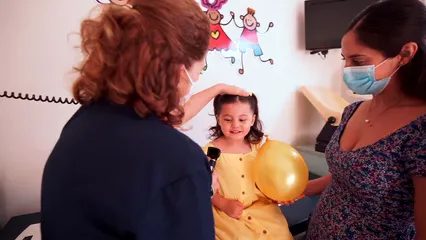
Why Is My Poop Green and My Stomach Hurts?
Introduction
Have you ever noticed green poop and felt a twinge in your stomach? You’re not alone! Many people worry about unusual stool colors. Green stools can be alarming, especially when accompanied by stomach pain. Understanding the causes can help ease your mind. Knowing when to seek medical advice is crucial for your health.
Summary and Overview
Green poop can arise from what you eat, medications, or underlying health issues. Sometimes, rapid digestion causes the stool to appear green, as bile isn’t fully processed. Stomach pain often connects to gastrointestinal problems. While green stool can be harmless, persistent symptoms deserve medical attention. This article will discuss various causes, symptoms, and when to consult a doctor.
Causes of Green Stool
Dietary Factors
Your diet plays a significant role in stool color. Foods high in chlorophyll, like spinach and kale, can turn your poop green. Other culprits include blue and purple foods, which may contain artificial dyes. For instance, mint ice cream or green-frosted cookies can also lead to this discoloration. If you’ve enjoyed a salad or a green smoothie lately, that could explain the change!

If you’re looking to boost your health and enjoy the benefits of chlorophyll, consider trying Chlorophyll Supplements. They can help detoxify your body and improve your digestion, giving you a vibrant boost while keeping your poop color in check!
Kale, a leafy green, is known for its chlorophyll content and can impact stool color. Understanding this connection can help clarify dietary effects on digestion. why was kings kaleidoscope band in the u.s.
Chlorophyll is the pigment responsible for the green hue in leafy vegetables. It’s fascinating that consuming a large amount of these foods can alter your stool color. In fact, many people experience green poop at some point, often due to dietary choices. If you notice this change, pause to reflect on your recent meals.

Infections and Illness
Infections can also cause your poop to turn green. Bacterial, viral, or parasitic infections may interfere with digestion. For example, infections like Salmonella or Giardia can lead to rapid stool passage, resulting in green poop. Along with green stool, you might experience stomach cramps, nausea, or diarrhea.
Keeping track of your symptoms is essential. If you suspect an infection, maintaining a symptom diary can help your healthcare provider. This record can guide them in diagnosing your condition effectively. Remember, if you have prolonged symptoms, don’t hesitate to seek medical advice.

Medications and Supplements
Certain medications can change the color of your stool, leading to green poop. Antibiotics are a common culprit. They can disrupt the balance of bacteria in your gut, which might result in greenish stools. In fact, about 25% of people taking antibiotics experience some digestive side effects, including changes in stool color.
Iron supplements are another reason for green stool. These can cause dark green or even black stools. While iron is essential for your health, it’s important to discuss any side effects with your healthcare provider. If you’re experiencing stomach pain or unusual stool color after starting a new medication or supplement, reach out to your doctor. They can help determine if these changes are a cause for concern.
Always keep your healthcare provider informed about any new medications. This ensures they can monitor for potential side effects and provide appropriate guidance. If you’re facing any unsettling symptoms, don’t hesitate to consult a professional. Your health should always come first!

Speaking of health, if you’re looking to enhance your digestive health, consider Probiotic Supplements. They can help restore the natural balance of bacteria in your gut, improving digestion and overall health!
Lifestyle Adjustments and Remedies
Dietary Changes
Making changes to your diet can significantly normalize stool color and enhance gut health. Start by incorporating fiber-rich foods like fruits, vegetables, and whole grains. They promote healthy digestion and regular bowel movements. Aim for at least 25 grams of fiber daily.
Hydration plays a crucial role too. Drinking plenty of water helps maintain stool consistency and prevents constipation. Aim for eight glasses a day. Avoid processed foods high in artificial colors, as they may cause green poop.

If you’re experiencing green stool, consider keeping a food diary. Tracking what you eat can help identify potential triggers. Speaking of which, a Food Diary Journal can be a great tool to help you keep track of your meals and identify those sneaky food culprits!

Conclusion
In summary, green stool can often arise from benign factors like diet or medications. However, if accompanied by stomach pain or other concerning symptoms, it’s essential to pay attention. While occasional green poop may not signal a serious issue, persistent changes should prompt a consultation with a healthcare provider. Prioritizing your health is crucial, so don’t hesitate to seek professional advice when needed.

3. Is green poop a sign of liver problems?
Many people worry that green poop indicates liver issues. Fortunately, that’s usually not the case. Green stool is more often related to what you eat or how your body processes food. Foods high in chlorophyll, like spinach or kale, can easily cause this color change. Even foods with artificial dyes can lead to bright green stools.
The liver does play a role in digestion, but green poop typically doesn’t point to liver problems. Instead, it’s often a sign of rapid digestion. When food moves too quickly through your intestines, bile doesn’t break down completely, leading to greenish stool. If you’re experiencing green poop without other concerning symptoms, there’s likely no need for alarm.

4. When should I be worried about my stomach pain and green stool?
If you notice stomach pain alongside green stool, it’s essential to pay attention to other symptoms. Seek medical help if you experience:
- Severe or persistent abdominal pain
- Diarrhea lasting more than two days
- Blood in your stool
- High fever
- Signs of dehydration, like dark urine or dizziness
These symptoms may indicate a more serious issue, such as an infection or gastrointestinal disorder. It’s always better to be cautious. Consult a healthcare professional if you’re unsure about your symptoms or if they persist.

5. Can children have green stool, and is it a concern?
Yes, children can have green stool, and it’s often linked to their diet. Just like adults, kids who consume lots of green vegetables or foods with artificial coloring may see this color change. For young children, green stool is frequently seen in infants when they start eating solid foods.
However, parents should watch for certain signs. If a child’s green stool is accompanied by severe stomach pain, diarrhea lasting more than 48 hours, or any signs of dehydration, it’s time to consult a pediatrician. Keeping an eye on their overall well-being is crucial. If you have questions regarding your child’s health, feel free to ask in the comments or reach out to a healthcare provider for personalized guidance.

And for those little ones, don’t forget to check out Children’s Multivitamins to support their health and growth!
Please let us know what you think about our content by leaving a comment down below!
Thank you for reading till here 🙂
All images from Pexels




